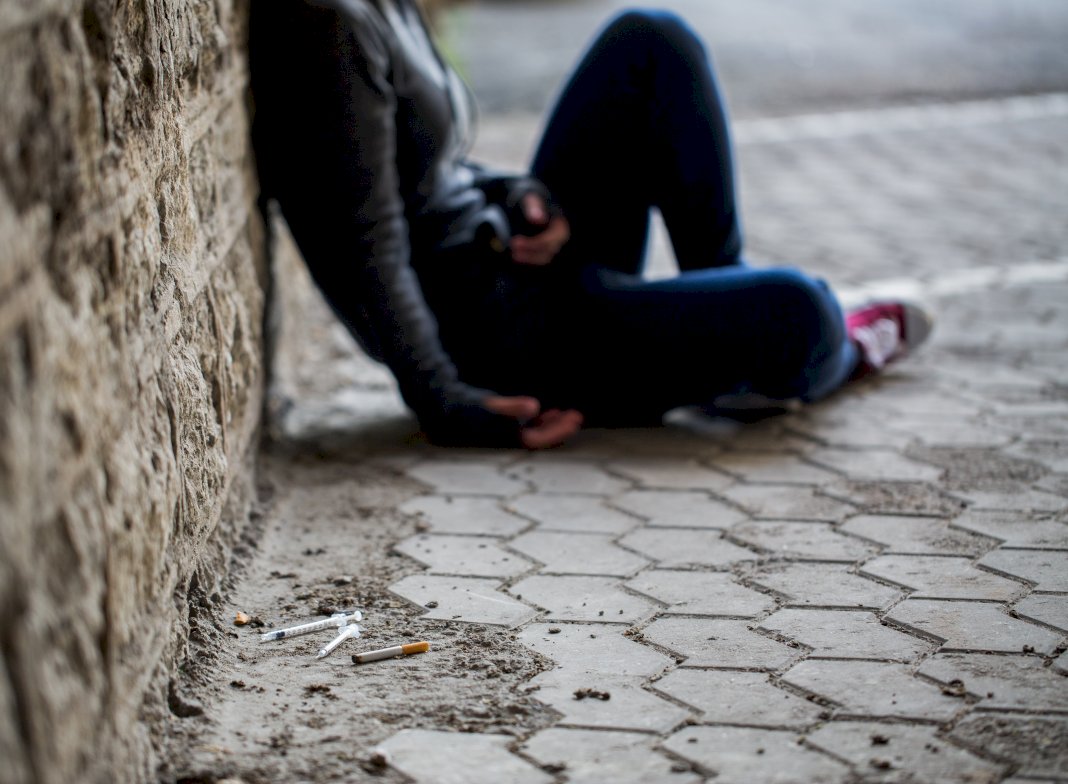Major Depressive Disorder is a severe condition that can affect every aspect of one’s life, including work, family, and social relationships. It’s a mental health condition experienced by millions in the U.S. However, being diagnosed with Major Depressive Disorder may come with an added risk of developing other health complications known as comorbidities. Here’s what you need to know about the disorder, the comorbidities related to the disorder, and how to recover from it.
What is MDD?
Major Depressive Disorder (MDD) is a mental disorder diagnosed with persistent feelings of sadness, hopelessness, and a loss of interest or pleasure in activities. It is a severe and debilitating condition that can significantly affect a person’s thoughts, emotions, behavior, and overall functioning.
Anxiety Disorders
Anxiety Disorders are a common comorbidity among people with Major Depressive Disorder. Studies have shown that up to half of people diagnosed with depression experience anxiety. Anxiety can manifest as social anxiety, generalized anxiety disorder, panic disorder, or obsessive-compulsive disorder.
Anxiety symptoms include restlessness, difficulty concentrating, irritability, muscle tension, and sleep disturbances. Treatment for anxiety often involves therapy, medication, or a combination of both.

Substance Abuse
Substance abuse is another common comorbidity of Major Depressive Disorder. People diagnosed with depression are at a higher risk of turning to drugs and alcohol as a form of self-medication. Substance abuse can lead to physical and mental health problems, including addiction, liver disease, and accidental overdose. Treatment for substance abuse usually involves therapy, support groups, and medication, including medication-assisted treatment.
Eating Disorders
Eating disorders are comorbidity commonly associated with Major Depressive Disorder. People with depression may experience changes in appetite and weight loss or gain as a symptom of depression.
However, some people may develop eating disorders like anorexia, bulimia, or binge eating. Eating disorders can have numerous health complications, including heart problems, malnutrition, and digestive issues. Treatment for eating disorders often involves therapy, support groups, and medical monitoring.
Chronic Pain
Chronic Pain is another comorbidity commonly associated with Major Depressive Disorder. People with depression may experience physical symptoms such as headaches, back pain, and joint pain. Chronic pain can worsen the symptoms of depression, leading to a vicious cycle of physical and mental health problems. Treatment for chronic pain usually involves medication, physical therapy, and mental health counseling.
Cardiovascular Disease
Cardiovascular Disease is a severe comorbidity associated with Major Depressive Disorder. Studies have shown that people diagnosed with depression are at a higher risk of developing heart disease.
Factors that may increase the risk of cardiovascular disease include smoking, high blood pressure, high cholesterol, and a sedentary lifestyle. Treatment for cardiovascular disease typically includes lifestyle changes, medication, and sometimes surgery.
Recovering From MDD
Recovery can be challenging, especially when it comes to something like depression. But it’s possible. Here’s how to get started:
Deal With Loneliness Through Dating
Loneliness can drastically increase the symptoms of depression. By engaging in activities such as dating, you can socialize and make new connections which can help reduce feelings of loneliness. If you don’t think you can seek the right partner, consider hiring a professional. An experienced matchmaker can help you find the right partner for you. They can even help ease you back into the dating scene. This is essential if you’re someone who’s newly recovering from this disorder.

Practice Self-Care
Self-care is an important part of recovery. Aim to take care of your physical and mental health by eating healthy, exercising regularly, getting enough sleep, and engaging in activities you enjoy. Self-care can have a powerful impact on your overall mental health.
Seek Professional Help
It’s also essential to seek professional help if you’re struggling with Major Depressive Disorder. Talk therapy can be helpful for many people suffering from depression as it allows them to understand their emotions better and learn techniques to manage their symptoms. Medication may also be prescribed depending on the severity of the depression. A combination of talk therapy and medication is most effective in treating depressive disorders.
Recovery from MDD can take time, but living a whole, meaningful life with support and treatment is possible. Don’t be afraid to seek help if you’re struggling with the disorder. There are many resources available that can offer guidance and support on your journey to recovery. With proper care and treatment, it is possible to manage MDD and lead a healthy, happy life.



